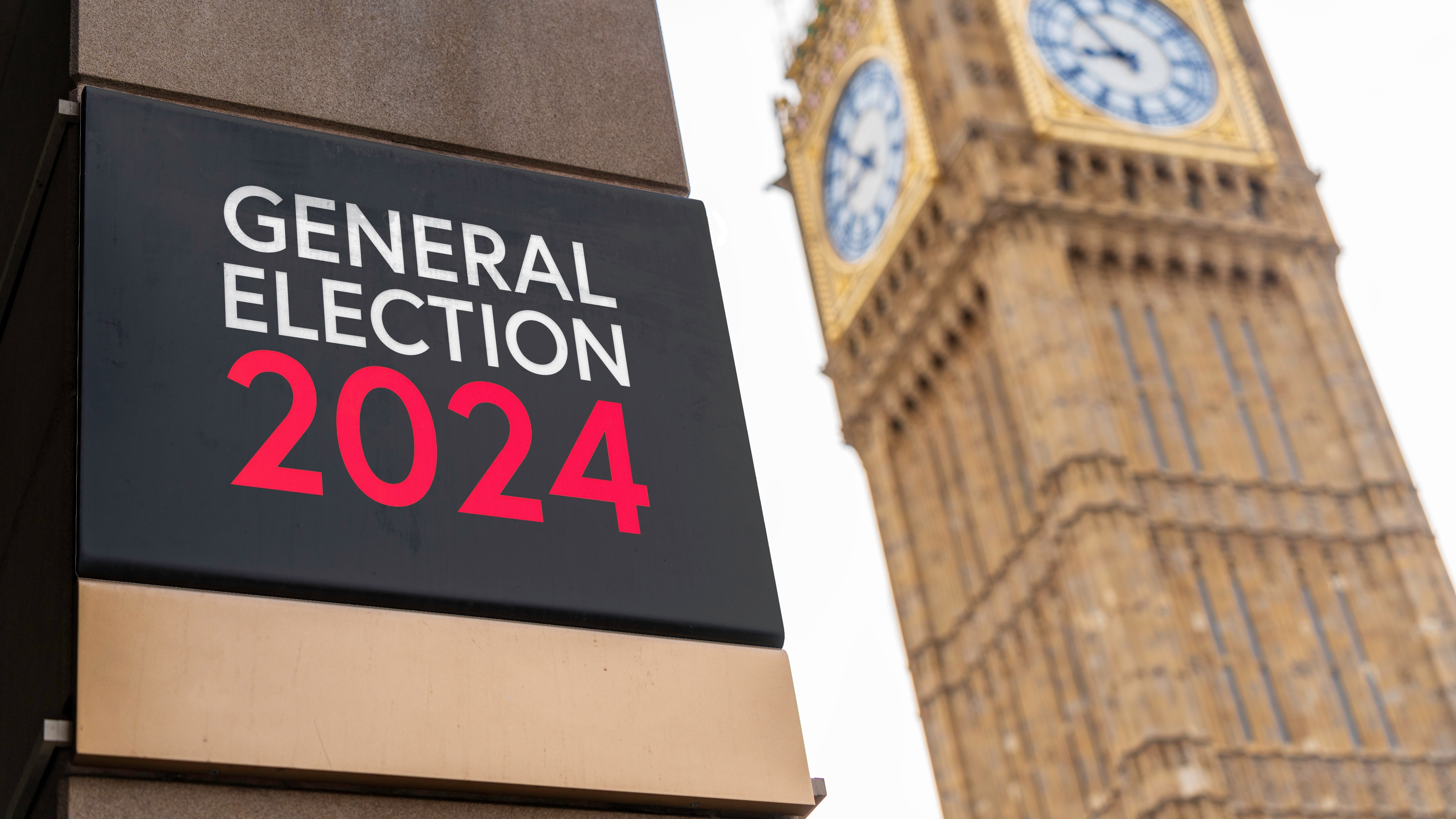Sharing economy in cities: moving towards a more inclusive urban future
by Inline Policy on 01 Jul 2014
The sharing economy makes headlines daily: from anti-Uber protests across Europe to Airbnb's recent £5.9bn valuation, new start-ups entering the private sector are offering more things to share (or rent, swap, borrow or barter) and more ways to do so.
Quietly and gradually, however, a parallel evolution is taking place in the public sector. While it doesn't end up on the front page – and might not even rely on a smartphone app – it may ultimately prove to be more transformative than any single platform or venture capitalist investment.
I'm talking about the emergence of Shareable Cities: mayors, civic innovators, sustainability leaders, economists and other champions working inside government to bridge the sharing economy with the public sector, harness its potential to better meet public needs, and enhance sustainable growth. (Coincidentally, this week also marks the one-year anniversary of the Shareable Cities Resolution signed by 15 US mayors.)
To date, policy debates have occupied most of the airspace around cities and the sharing economy. We bemoan that zoning, insurance and taxation structures are by and large outdated for today's business – while too often forgetting that such circumstances are not unique to the sharing economy. Rather, policy reform for innovation is a hallmark of modern history. As vice president of the European Commission Neelie Kroes recently said, "We cannot address these challenges by ignoring them, by going on strike, or by trying to ban these innovations out of existence … We need to work with them not against them."
Greece as a case study
A recent trip to Greece brought home the challenges we face to make the sharing economy more inclusive. The 2008 economic crisis hit the Greek economy especially hard, and the country is still struggling to regain its health. Everyone is looking for ways to generate income, and tourism is an economic mainstay. At the same time, a very high percentage (82%) of Greeks own their homes.
Ideally, Greeks would be able to share their homes with visitors and generate income via platforms such as Airbnb and OneFineStay. This would be a win-win: individuals earn income from assets they already own, helping the government achieve its recovery goals as well.
Many Greeks participate in these services, and tourism regulators are eager to find new ways to innovate. However, they are stuck in a regulatory system that includes penalties of up to €50,000 – more than twice the average income of a Greek family today – for engaging in this kind of activity without a "special operation" licence. In many cases, private homes cannot realistically meet the licence requirements for factors beyond their control. As a result, value – financial, community and even fiscal – is left on the table.
Policy is key to inclusion
If we focus strictly on policy and the private sector, we miss some bigger, more important questions and conversations. First, we overlook how cities themselves can be participants and beneficiaries of the sharing economy. Cities own all kinds of assets – from buildings to car fleets – that could yield additional revenues or cost savings (or both) if shared. Moreover, by partnering with sharing economy companies or sponsoring hyper-local initiatives, the city is able to learn, experiment and develop its strategy through direct experience.
In the United States, Airbnb's Shared City partnership with Portland, Oregon and Etsy's Craft Entrepreneurship programs in New York City, Chicago, Dallas, Newark and Santa Cruz give new life to public-private collaboration and allow first-hand exposure to new business models. In Europe, several of the Bloomberg Mayor's Challenge city semi-finalists propose to apply sharing economy principles in different ways. In Asia, Seoul's Sharing City initiative has supported dozens of resident-led sharing initiatives with public funding and other resources, with the primary goal of boosting community connectedness and trust. From Boston to Johannesburg, cities are testing the waters in thoughtful ways, while companies are developing unprecedented city engagements and opportunities for collaboration.
Second, all too often we forget the principal roles of policy makers: to ensure inclusive, balanced systems correct market distortions and give voice to marginalised communities. The sharing economy is often applauded for enhancing local economic investment, sustainable consumption and community connectedness. It brings people closer together. However, only recently have we begun to recognise the role – and importance – of inclusion in doing this.
To be sure, there are many ways this can happen. The ridesharing platform Lyft enables livelihood creation to anyone with a car; it also operates its Lyft For Good program, which seeks to promote public service and expand access to transport within its community. In India, Sakha applies a similar concept with its Women On Wheels programme, enabling livelihoods for marginalised women (and safe women-only rides as well). Yet, such examples barely scratch the surface of what is possible – and what is needed – in today's cities.
The sharing economy is not a panacea or a silver bullet. It will not single-handedly rebuild local economies or solve the jobs crisis. However, it does have the potential to transform both business and cities in unprecedented ways, and to boost urban resilience and sustainability in the process.
All members of the sharing economy – participants, entrepreneurs, policy-makers and other leaders – have an essential role to play in making this happen.
By April Rinne, Sharing Economy, Shareable Cities Expert. This article originally appeared in The Guardian on 26 June 2014.
All views expressed in guest blogs are that of the authors, and not of Inline Policy.
(Photo by Clint Sharp/CC BY-NC-SA 2.0)
Topics: UK business, Economic policy, Big Tech







Comments